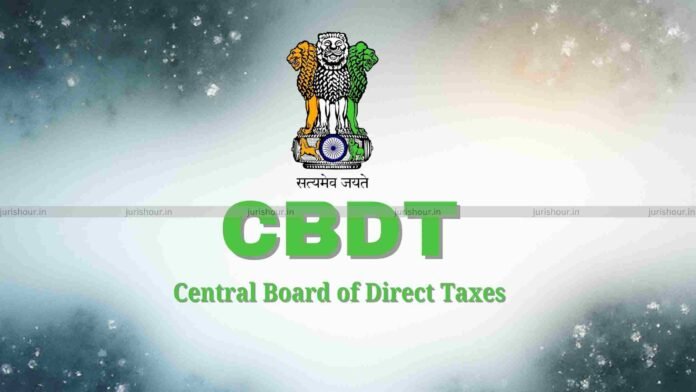The Central Board of Direct Taxes (CBDT) has issued a detailed directive to all Principal Chief Commissioners of Income Tax, calling for greater consistency and scrutiny in the assessment of expenses claimed by entities in India’s entertainment industry.
The communication draws upon the findings of the Comptroller and Auditor General’s (C&AG) Performance Audit Report No. 1 of 2019 titled “Assessment of Assessees in Entertainment Sector” and the 51st Public Accounts Committee (PAC) Report of the 17th Lok Sabha.
According to the CBDT, the C&AG report had highlighted a lack of uniformity in the treatment of pre-operative expenses by Assessing Officers (AOs) across similar cases, indicating “inconsistent approaches” that could affect the fairness of tax assessments in this dynamic sector.
The entertainment sector encompasses diverse segments—films, television, radio, music, event management, animation, visual effects, broadcasting, sports, and amusement industries. The CBDT has instructed officers to adopt a case-specific approach in verifying and allowing expenses, keeping in mind the unique business models within each segment.
1. Examination of Pre-Operative Expenses
The circular notes that pre-operative expenses—those incurred prior to the commencement of business—must be examined in accordance with Section 32D of the Income-tax Act, 1961.
AOs are advised to verify the actual commencement of business before allowing amortisation of such expenses, ensuring that only eligible expenditures are permitted as deductions.
2. Verification of Feature Film-Related Declarations
Entities involved in film production are required to file Form No. 52A, which details the start and completion dates of a film, along with payments exceeding ₹50,000 made to any person engaged in production.
The CBDT has directed AOs to:
- Verify the timely filing of Form No. 52A (within 30 days of either financial year-end or film completion, whichever is earlier).
- Cross-check expenses claimed in the books of account with those declared in the form.
- Consider imposing penalties under Section 272A of the Act in cases where Form 52A is not furnished within the prescribed time.
3. Verification of Film Production and Distribution Expenditures
The directive reiterates the need for strict adherence to Rules 9A and 9B of the Income-tax Rules, 1962 while allowing deductions for film production and distribution expenses:
- Rule 9A applies to producers and governs deductions for costs incurred in producing a feature film, depending on whether rights are sold or the film is exhibited commercially by the producer.
- Rule 9B applies to distributors and outlines how deductions should be calculated for expenditure on acquiring distribution rights.
CBDT has asked AOs to ensure that these rules are followed meticulously to avoid irregular deductions and ensure equitable treatment across cases.
Background: C&AG and PAC Observations
The C&AG’s 2019 audit had underscored significant disparities in how expenses were allowed in the entertainment industry, particularly around pre-operative costs and film production expenditures.
The Public Accounts Committee of the 17th Lok Sabha, in its 51st report, had echoed similar concerns, urging the Income Tax Department to issue clear and consistent guidelines for Assessing Officers to prevent arbitrary interpretations.
CBDT’s Directive for Nationwide Compliance
The circular concludes by directing that the contents of the advisory be brought to the notice of all officers across the country to ensure uniformity in assessments and to strengthen accountability in handling entertainment sector cases.
With the entertainment industry’s increasing complexity and financial scale, this move is expected to bring greater transparency, standardisation, and compliance in tax assessments, particularly in film and media-related businesses.
Notification Details
Date: 21/10/2025
Read More: GST Officer To Pay Rs. 25K Cost For Wrongly Dismissing The Appeal As Time-Barred: MP High Court

